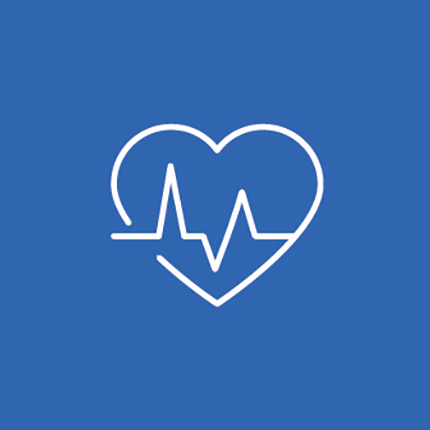Heart Attack vs. Panic Attack: How to Tell the Difference
Jan 1, 2022A heart attack and a panic attack can be very similar to the point that it’s hard to tell the difference, especially if you’ve never experienced either of them before. But they are not the same, they have different triggers and require different types of treatment as well. In this article, we’ll differentiate the symptoms of a heart attack and a panic attack, and other factors that set one apart from the other, so you know what to do if you or someone you love experience either of them.
What Is a Heart Attack?
A heart attack, also known as myocardial infarction, occurs when the blood flow to the heart gets blocked, leading to the heart muscle not getting enough blood supply. Heart attacks are a medical emergency and require immediate treatment because the longer it takes to restore blood flow, the greater the damage to the heart muscle.
Heart attacks come out of the blue, but they usually happen after years of plaque build-up in the arteries. They can be triggered by sudden stress, whether it’s anger, physical exertion, a heatwave or other circumstances.
What Is a Panic Attack?
A panic attack happens all of a sudden and is often triggered by intense, overwhelming fear. It comes with challenging and frightening mental and physical symptoms, some of them similar to a heart attack. Panic attacks can be categorized as expected and unexpected. Expected panic attacks happen because of external stressors such as phobias, while unexpected panic attacks happen without an obvious reason.
Panic attacks may happen to anyone, although experiencing more than one panic attack may be a sign of a panic disorder, which may be treated by medications, psychotherapy and some lifestyle changes.
Heart Attack vs. Panic Attack Symptoms
Heart Attack
 Shortness of breath |
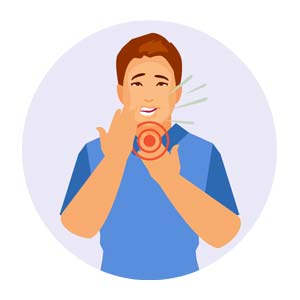 Trouble breathing |
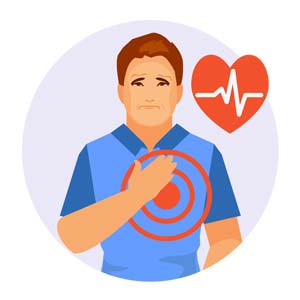 Chest pain that may feel like squeezing, fullness or uncomfortable pressure |
 Lightheadedness, fainting or feeling weak |
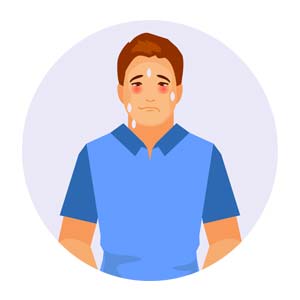 Sweating |
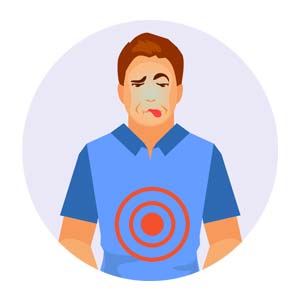 Nausea or vomiting |
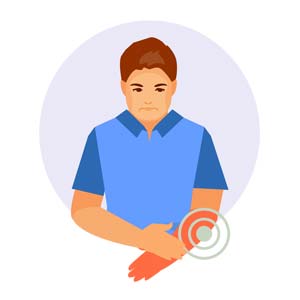 Upper body pain or discomfort that gets worse over time |
Panic Attack
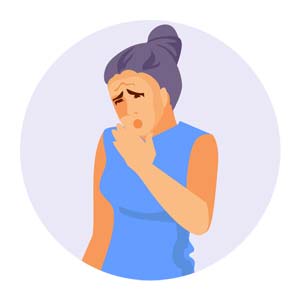 Shortness of breath |
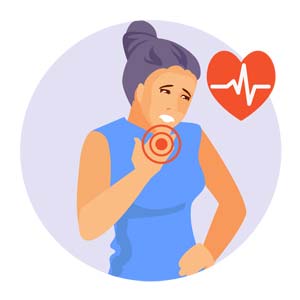 Racing heartbeat and/or choking sensation |
 Sharp, stabbing pain in the middle of the chest |
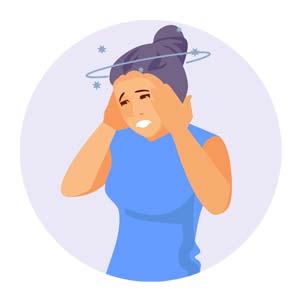 Feeling faint or dizziness |
 Sweating |
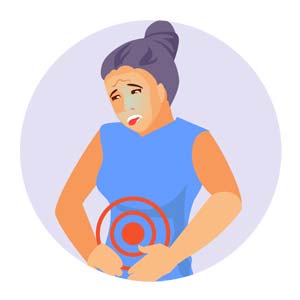 Nausea |
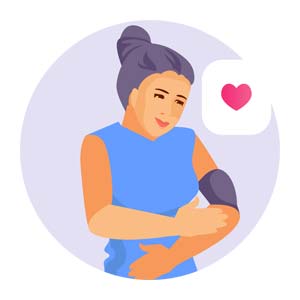 Symptoms that get better over time |
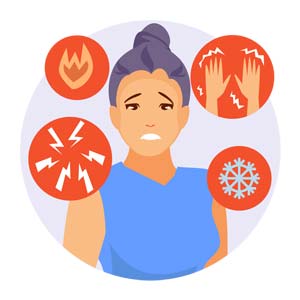 Other symptoms such as numbness, trembling, chills, shaky limbs, feeling like you’re not connected to your body, ringing in your ears, a churning stomach, a need to go to the bathroom and tingling in your fingers |
How to Tell the Difference
Aside from the symptoms, several other factors can help you determine whether it’s a heart attack or a panic attack:
1. The characteristics of the pain
During a heart attack, the pain may resemble squeezing or pressure. It may start at the middle of the chest and spread to other upper body parts, such as the jaw, neck, shoulders and arms. On the other hand, during a panic attack, the pain is often stabbing or sharp, occurring in the middle of the chest.
2. The trigger of the symptoms
Although both a heart attack and a panic attack may happen without warning, some heart attacks occur due to physical exertion, such as climbing the stairs. Meanwhile, panic attacks are often caused by fear or sometimes no apparent reason.
3. The duration of symptoms
The symptoms of a panic attack usually resolve within a few minutes, sometimes 20-30 minutes. Symptoms of a heart attack, on the other hand, tend to last longer and may also get worse over time.
Can a Panic Attack Cause a Heart Attack?
It’s not likely to happen. A heart attack happens because of the interruption of blood flow to the heart. However, stress and anxiety, which may cause a panic attack, can contribute to the development of coronary artery disease, which may, later on, lead to a heart attack.
If you or someone you know experiences symptoms of a heart attack, please call 911 or go to the nearest emergency room immediately. Meanwhile, if you experience a panic attack, we recommend that you schedule an appointment with a psychiatrist or a neurologist for proper diagnosis and treatment. If you are not sure of the difference, be on the save side and seek immediate medical attention.
Sources:
Centers for Disease Control and Prevention
Harvard Health Publishing
NHS
Medical News Today
Healthline

